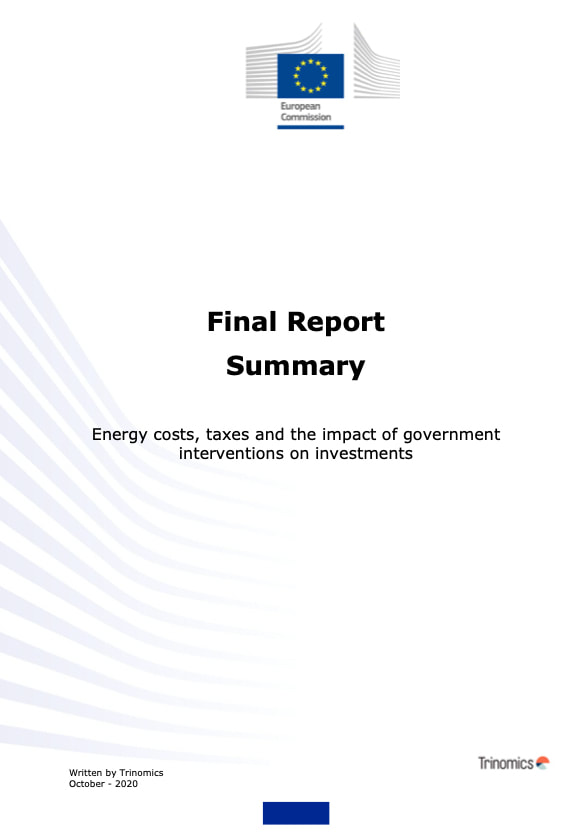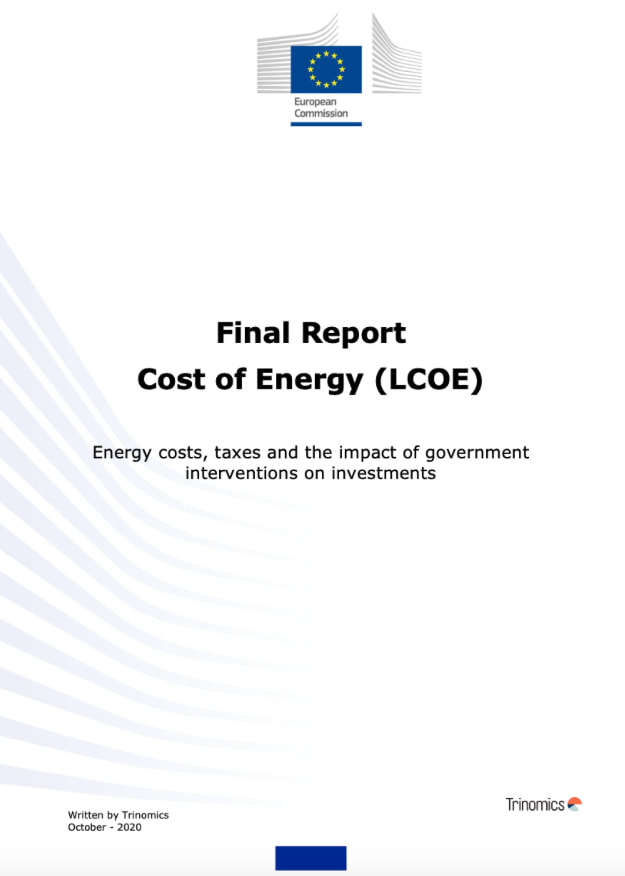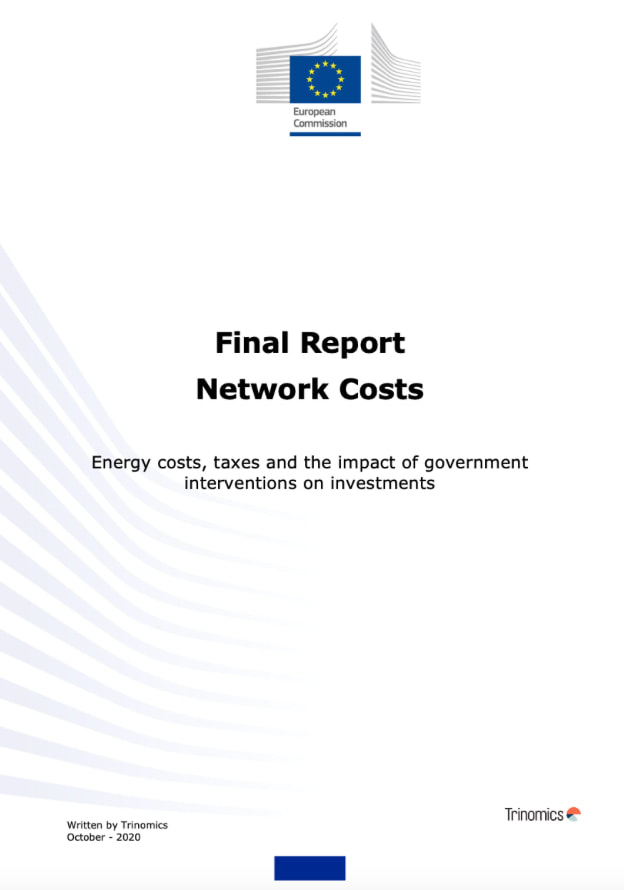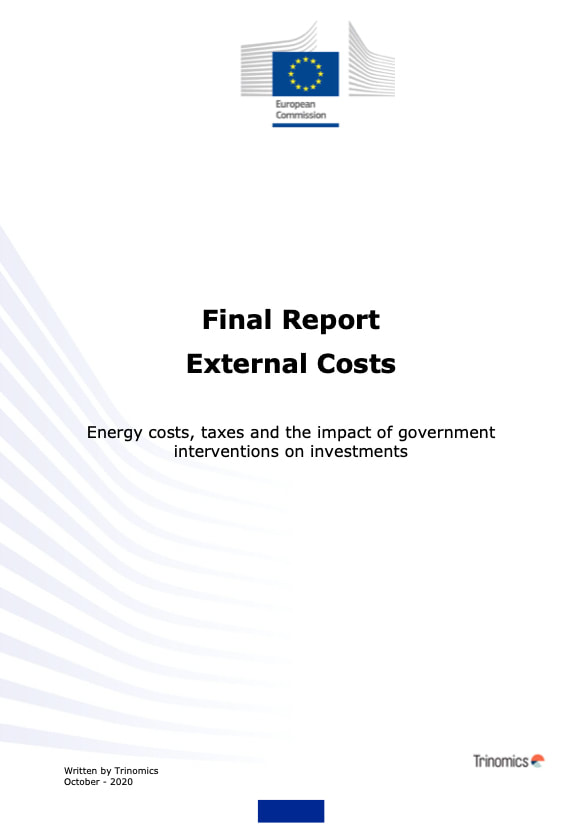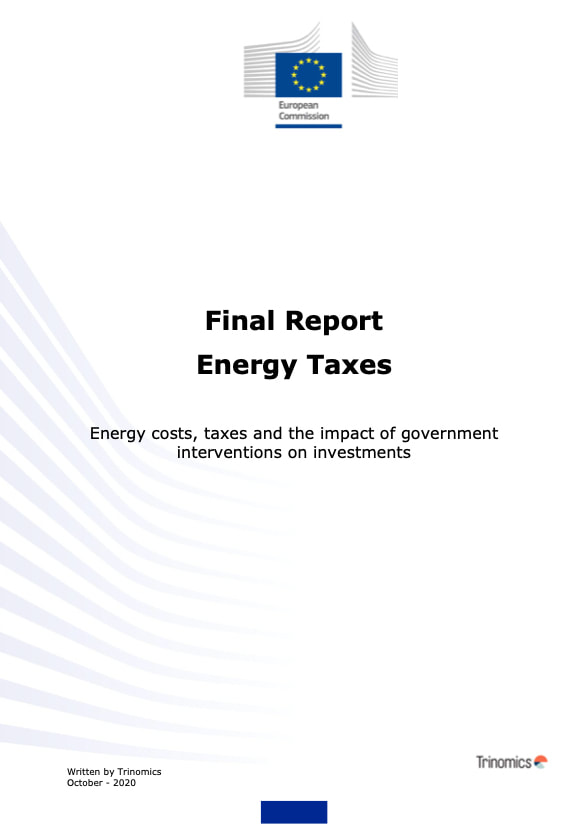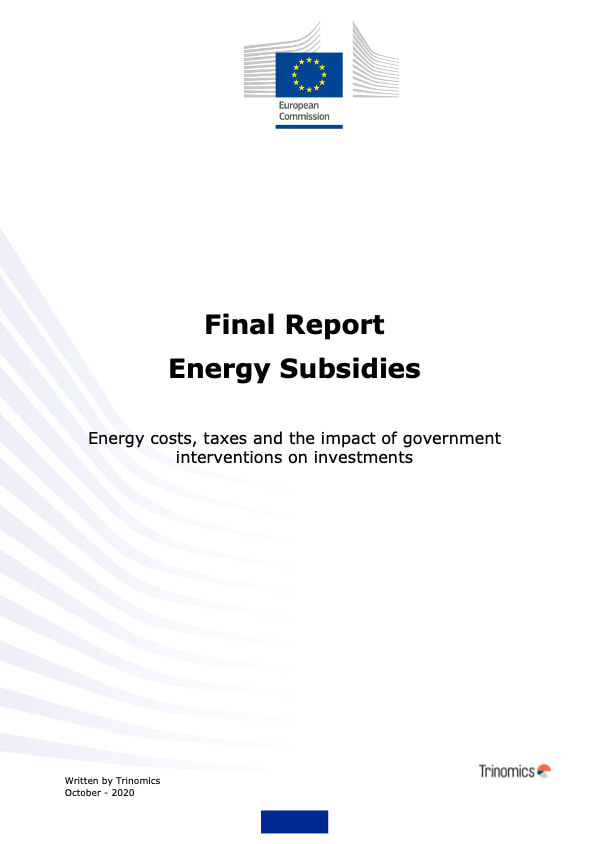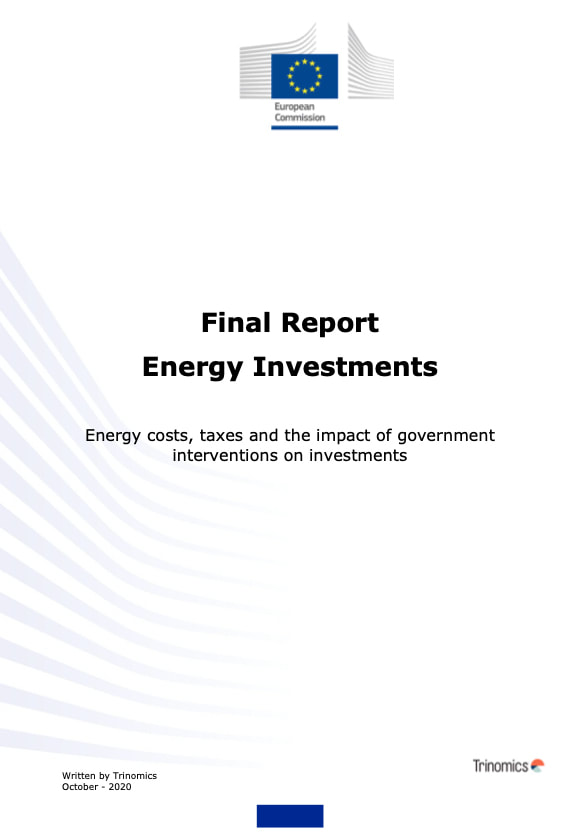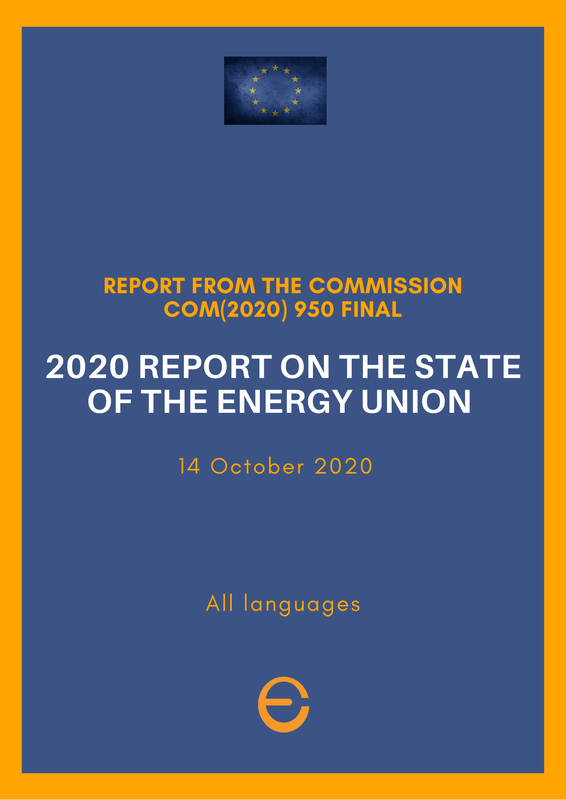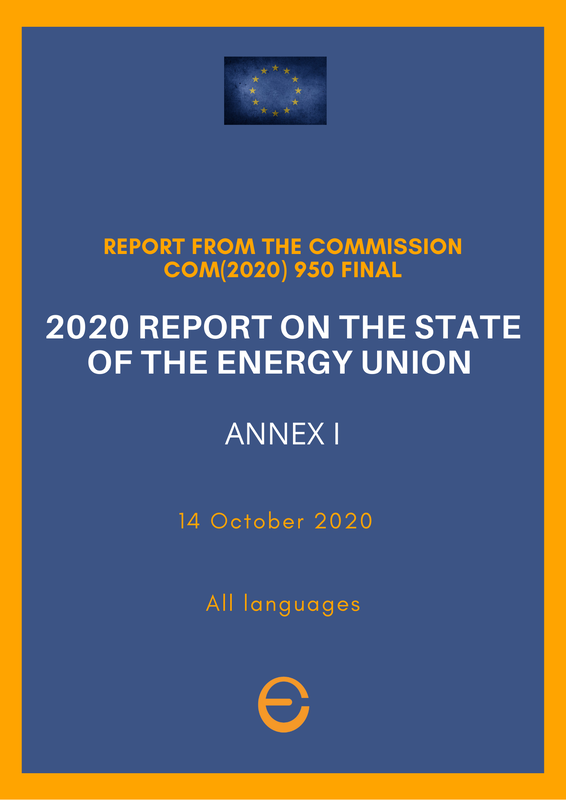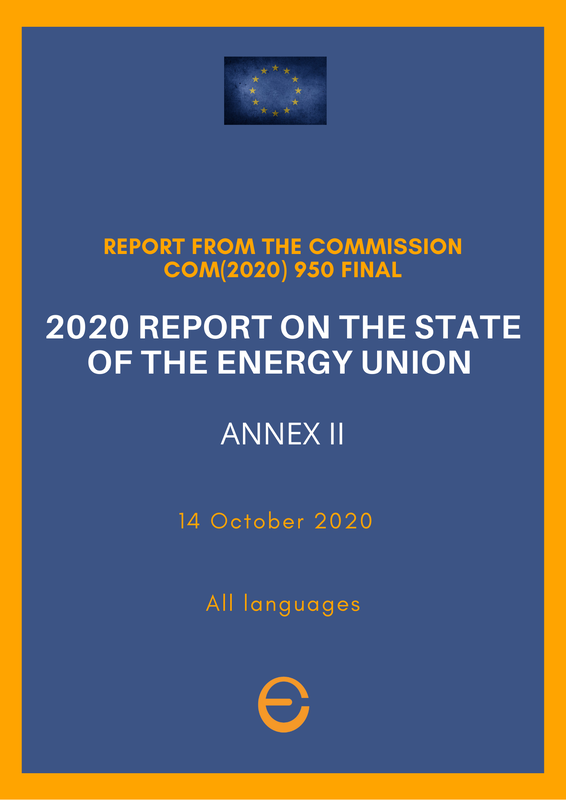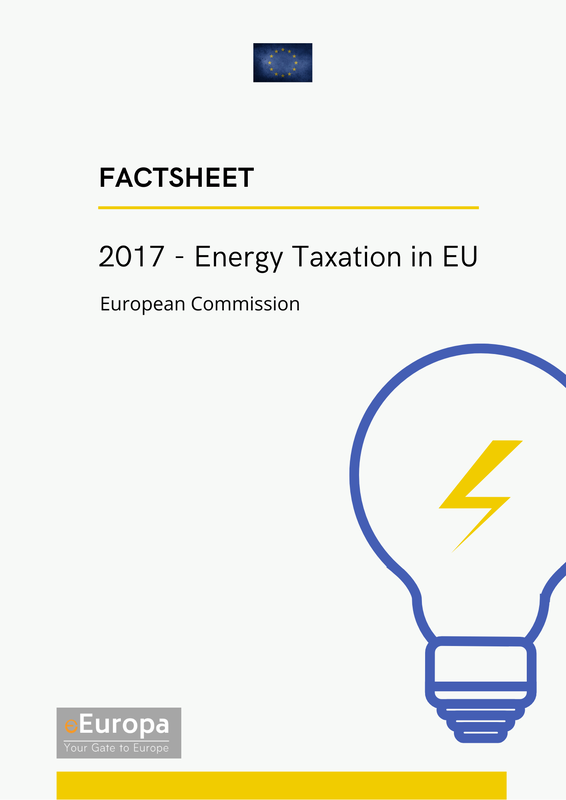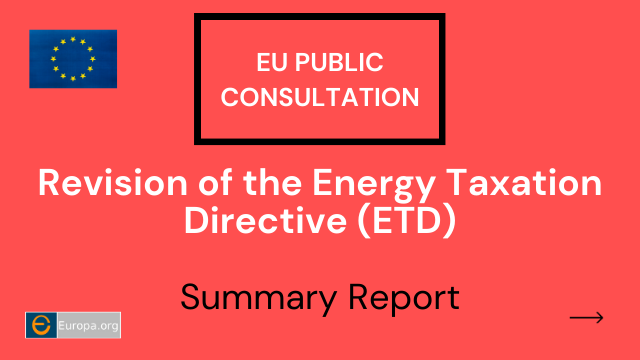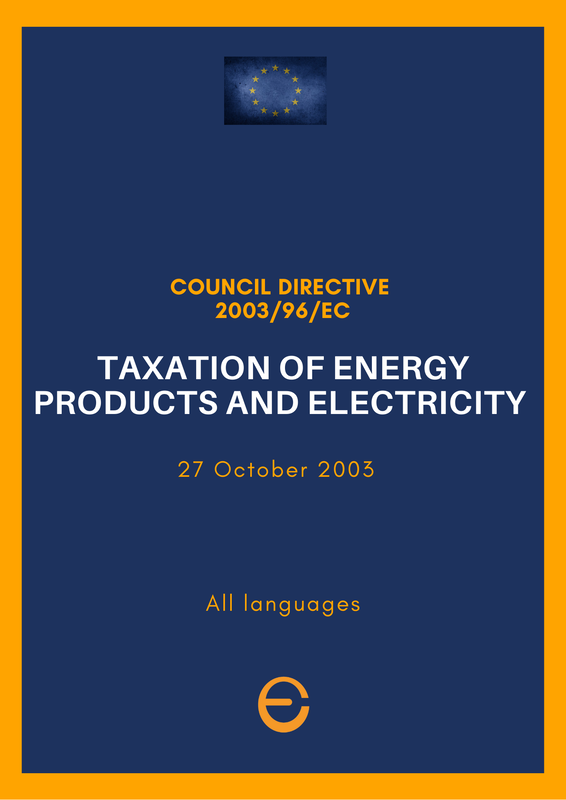Taxes are an important item in the final price of energy and therefore can affect consumption patterns, both for citizens and businesses.
In Europe, as in the rest of the world, there are different levels of taxation, both on the type of energy consumed, and by consumer, individual and industrial. Furthermore, in Europe we also have 27 countries with 27 different taxation models.
You can guess how fiscal policy is an important tool in the hands of governments.
As European countries have decided on common energy and environmental goals, the EU is trying to get member countries to share the same tax strategies, without imposing single tax policies across Europe.
The European Commission has been working for 30 years for the creation of a single energy market and assigns a fundamental role to tax policies.
In 2020, a study on energy costs, taxes and the impact of government interventions on investments was published was published in October 2020 (see the eight documents below), with a chapter dedicated to energy taxation. This chapter examines the issues of taxes, subsidies and external costs, and the relationship between them, as a key to understanding how each tax decision has a direct impact on energy and environmental policies.
In Europe, as in the rest of the world, there are different levels of taxation, both on the type of energy consumed, and by consumer, individual and industrial. Furthermore, in Europe we also have 27 countries with 27 different taxation models.
You can guess how fiscal policy is an important tool in the hands of governments.
As European countries have decided on common energy and environmental goals, the EU is trying to get member countries to share the same tax strategies, without imposing single tax policies across Europe.
The European Commission has been working for 30 years for the creation of a single energy market and assigns a fundamental role to tax policies.
In 2020, a study on energy costs, taxes and the impact of government interventions on investments was published was published in October 2020 (see the eight documents below), with a chapter dedicated to energy taxation. This chapter examines the issues of taxes, subsidies and external costs, and the relationship between them, as a key to understanding how each tax decision has a direct impact on energy and environmental policies.
Report on Energy prices and taxes 2020
The 4th Commission report on “Energy prices and costs” (COM(2020)950), see below, was also published in October 2020.
Progress towards the completion of the single energy market is on-going and energy taxation has an important role to play in it.
The 4th Commission report on “Energy prices and costs” (COM(2020)950), see below, was also published in October 2020.
Progress towards the completion of the single energy market is on-going and energy taxation has an important role to play in it.
How to change energy taxation in Europe?
As mentioned above, the 27 EU countries adopt 27 different taxation models, while sharing the same energy and climate objectives.
As mentioned above, the 27 EU countries adopt 27 different taxation models, while sharing the same energy and climate objectives.
|
This paradox, which does not allow for a coherent strategy in Europe, was put on the index by the European Commission which in 2019 presented a document to urge a qualified majority voting system, and no longer unanimously, within of the EU Council (made up of representatives of the 27 EU countries) for decisions on energy taxation. With the current unanimous voting system, any country can veto any reform.
The fact is that the current fiscal framework has not changed since 2003 and still contains a number of incentives for fossil fuels, despite the EU's ambitious energy and climate targets and international commitments. These tax advantages have been persistent over the past decade in the EU and amounted to around € 40 billion in 2016. In the side, you can read a factsheet on energy taxation for energy products, which provides detailed figures. The Commission report from 2019 that evaluates the energy tax directive, is pointing out that existing gaps and inconsistencies significantly hamper the EU’s energy, climate and transport objectives. |
The Energy Tax Directive 2003/96/EC, amended in 2018, will be reformulated in June 2021, in accordance with the objectives set by the European Green Deal. The initial impact assessment was published in March 2020 and a public consultation was open until 14 October 2020.
The European Commission is aiming for an ordinary legislative procedure that allows to overcome the limits of the unanimity vote.
Source: European Union, http://www.europa.eu/, 1998-2024
|
Brussels - Milano - Nice - Tokyo
|
eEuropa Belgium
Avenue Louise, 367 1050 Brussels BELGIUM Bld. Franck Pilatte, 19 bis
06300 Nice FRANCE YONO HOUSE 9-1 KAMIOCHIAI, SAITAMA-SHI, SAITAMA-KEN 〒 338-0001 JAPAN Via S. Veniero 6 20148 Milano ITALY |
All rights reserved - © Copyright eEuropa Belgium 2020-2024

